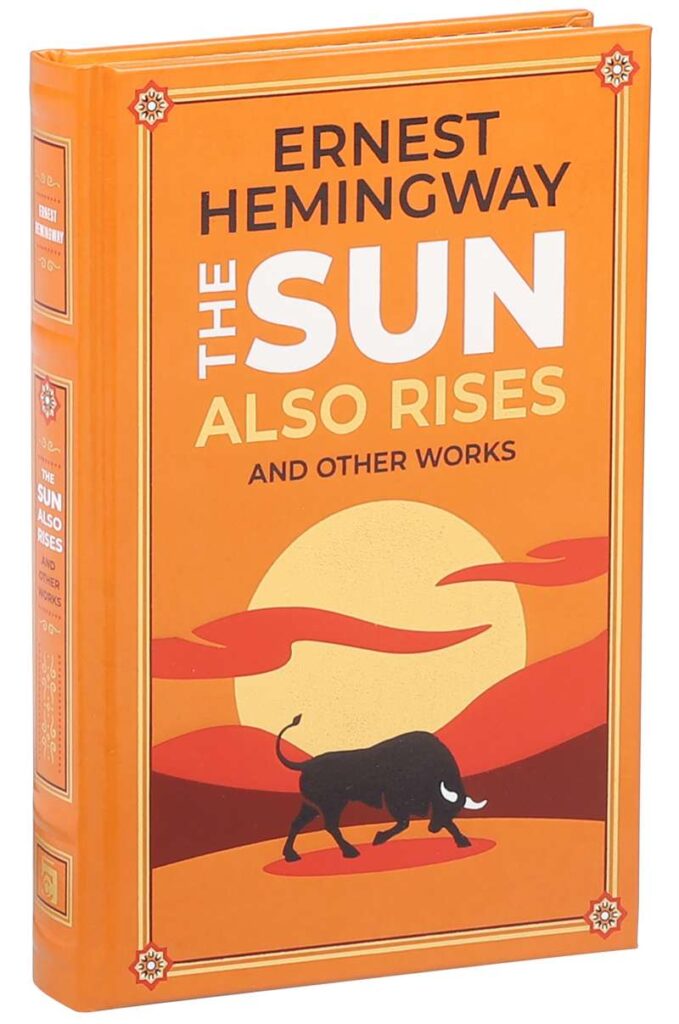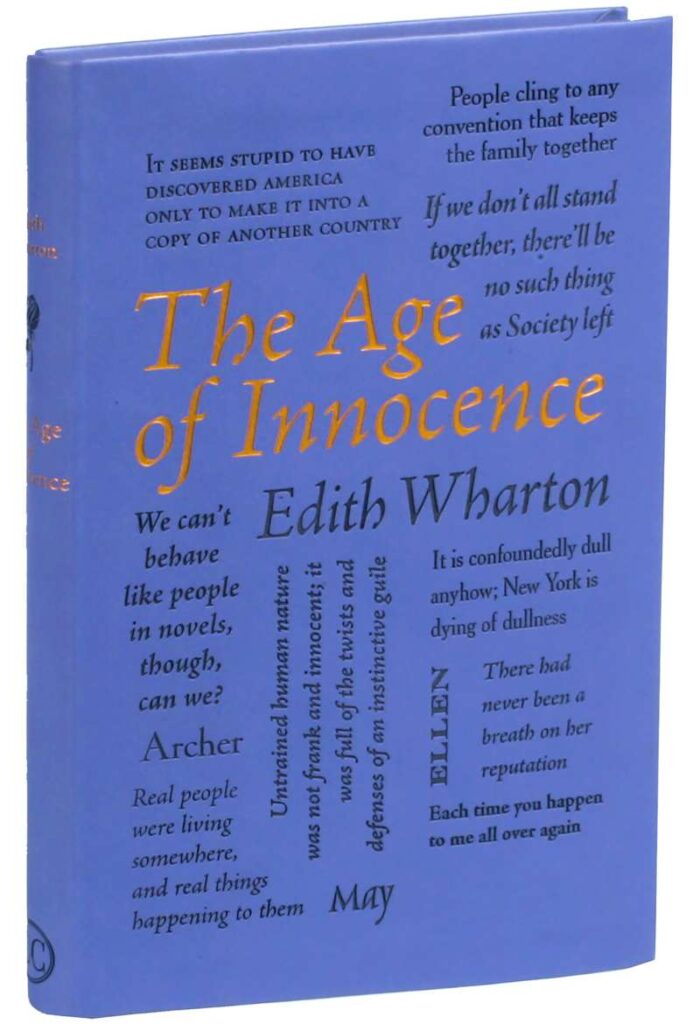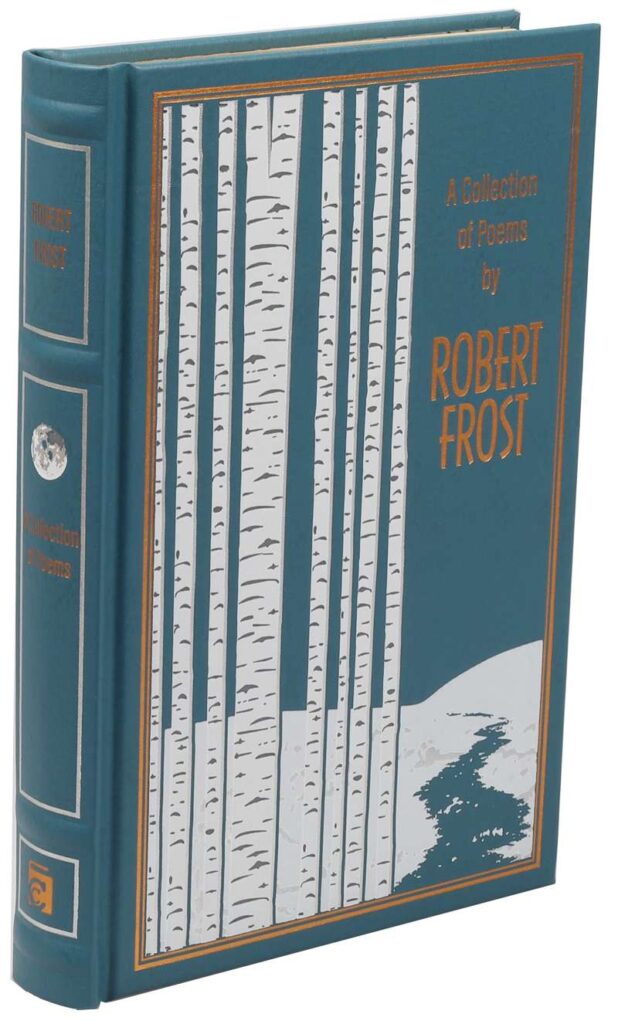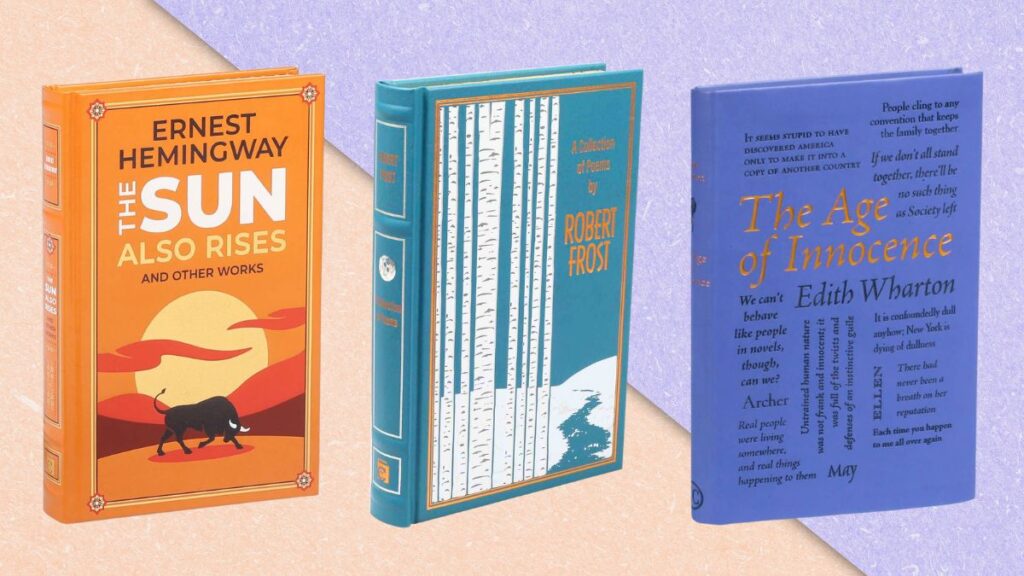We book nerds get very excited in May — it’s that magical time of year when writers of all kinds — journalists, novelists, poets, and playwrights — receive the highest award in American letters for significant individual literary works. Many legends of the library have won Pulitzer Prizes, and we’re proud to publish their award-capturing words.

Ernest Hemingway, author of The Sun Also Rises, won the Pulitzer Prize in 1953 for his meditative The Old Man and the Sea. He nearly claimed the prize in 1941 for the epic Spanish Civil War-set novel For Whom the Bell Tolls, only for the Pulitzer committee to decide at the last moment to renounce their decision and award the prestigious award that year to nobody.
In 1921, Edith Wharton became the first woman and third winner overall to take home the Pulitzer Prize for Fiction. While today regarded as an artistic and critical icon, someone who helped shaped the idea of quintessentially American literature with her works, particularly her Gilded Age-set twelfth novel The Age of Innocence, but she was one of the most popular authors of the early 20th century, too. The Age of Innocence first appeared in four parts in Pictorial Review and was so popular that it was bound up and published on its own. Wharton nearly didn’t win the Pulitzer, however. The prize committee had already decided to give it to Main Street by Sinclair Lewis, with the final round of judges saying no because it was too politically hostile.


Robert Frost won the first of his four Pulitzer Prizes for Poetry in 1924 for his collection “New Hampshire: A Poem with Notes and Grace Notes. The centerpiece of the volume is the long, epic poem “New Hampshire,” but the book also includes “Stopping By Woods on a Snowy Evening,” probably the most famous modern American poem. Frost was inspired to write it after witnessing a winter sunrise outside his Vermont home. He’d stayed up all night completing “New Hampshire,” then wrote “Snowy Evening” in a single draft in just a couple of minutes.
Another major and often anthologized Frost poem: “The Road Less Traveled.” While commonly mislabeled as “Two roads diverged in a yellow wood” after its first line, the poem is based on a true and ultimately tragic story. In the 1910s, Frost lived in England and took regular walks with his friend, author Edward Thomas. They came across two divergent roads one day, and Thomas couldn’t decide which one to take. Frost wrote a poem about it in 1915 and showed it to Thomas, who was inspired to take a new road in life and enlist in the British army in World War I. He died in 1917 in the Battle of Arras. Listen to Frost reading the poem here.








